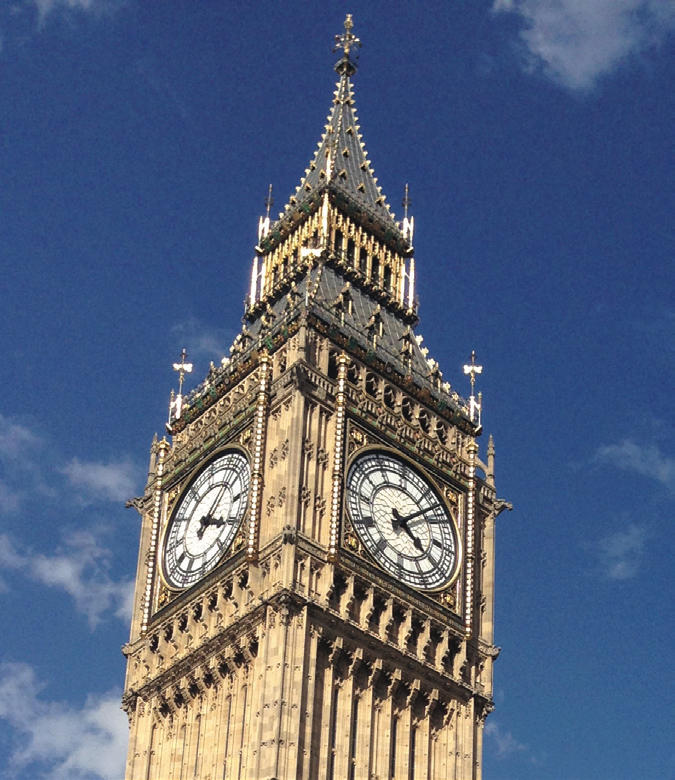- Home
- Home
- Links
- Back Issues (PDF)
- A Career in Pilotage
- About The Editor
- About the UKMPA
- Contact the Editor
- Articles
- Contents
- Features
- History
- Incidents & Investigations
- Pilot Ladders
- Pilotage News
- Reviews
- Technical and Training
- The latest issues: 327
APPMPG Brief
Michael Robarts (Ed)

The All Parliamentary Parties Maritime and Ports Group (APPMPG) meetings give the Association an opportunity to network and speak with MPs, peers in the House of Lords and people involved in shipping and ports. Various topics are covered in these meetings, and there are questions and answers, each meeting lasting about one hour.
Richard Ballantyne of the British Ports Association spoke about port developments and enterprise zones. Numerous challenges face ports when they try to gain consent for developments, a process which can be costly and time consuming. He talked about building a more dynamic marine planning and consent system that recognises the changing and dynamic aspects of the natural environment – a move from ‘conservation’ towards ‘sustainability’. Also (perhaps ironically in view of Brexit) this process takes a more ‘European’ approach by recognising that ports are critical to the economy as industrial areas that have for centuries co-existed with flora and fauna. BPA’s planning encompasses the following items:
- Retain and extend permitted development flexibility
- Introduce more certainty in the planning process for projects of all sizes
- Factor-in port connectivity to wider transport planning
- Explore the ‘free ports’ free trade concept where it works
- Review the wider environmental framework and tailor it to port needs
Richard further discussed enterprise zones and a number of new and existing mechanisms available to incentivise business growth and clusters around ports. These could include:
- Possible automatic or simplified planning permissions
- Business Rates
- Employment stimulus
- Skills incentives and promotion
- Free trade areas
His concluding points of discussion concerned the benefits of the Maritime 2050 plan and those for the ports sector:
- Major sector-wide long term strategy
- Many points of interest for ports on issues such as recommendations on port connectivity, innovation, the environment, safety and security
- Creation of better appreciation of maritime and ports sectors across government departments
- Recommendation regarding a new programme of ‘Port Economic Partnerships’, a concept at present without detail but which might provide something similar to Port Zones
- A pledge to review the viability of free ports and a refresh of DfT’s port master planning guidance.
Tim Morris, CEO of the UK Major Ports Group (UKMPG), has studied air quality, something coming to the forefront in connection with environmental compliance. The UKMPG Arup study and assessment raises some interesting facts. He shared the following interesting examples of various initiatives ports have taken to improve air quality:
- Enhanced monitoring and reporting (inc. real time alerts)
- Vehicle Booking Systems (VBS)
- Service vehicle fleet Engine Management Systems (EMS)
- Port Non-Road Mobile Machinery (NRMM) EMS
- Idling monitoring and cut-off installation, inc. tightening timings (10 > 6 > 3 mins)
- Introduction of start / stop vehicles
- Vehicle management measures-Vehicle management measures
- Physical screening of activities
- Retro-fit electrification of NRMM
- Purchase of new electric / hybrid NRMM
- EV trials – testing issues about capability, productivity, etc.
- Electric IMV trials
- Green tariffs
- Shore power feasibility studies
- Employee ‘hearts and minds’ campaigns
- Contractor and haulier engagement campaigns
The Arup study highlighted where the better initiatives for improving air quality are:
- Increased use of cleaner fuels for vessels (but ports as ‘takers’ / ‘enablers’ not drivers)
- Retrofit emissions controls to vessels (e.g. scrubbers) (not a ports driver)
- Emissions Control Areas (Arup insisted there must be a level playing field)
- Shore-side power (but COST and INFRASTRUCTURE)
- Maximise use of rail freight
- Increase freight by water
- Traffic management initiatives (e.g. VBS)
- Alternative traffic routing (Arup acknowledge ports have a limited role only)










